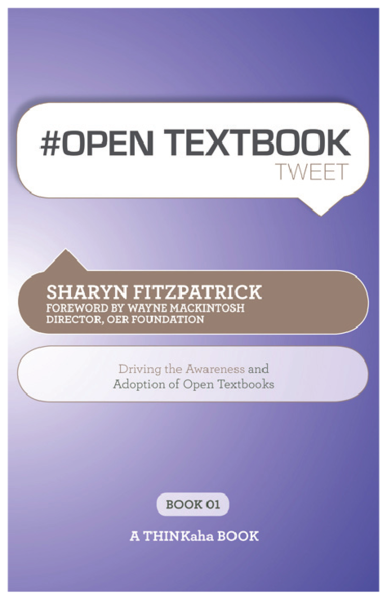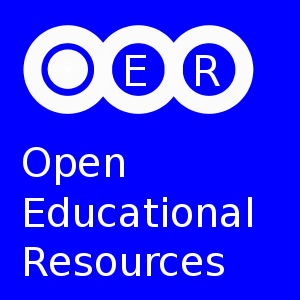The passage of the Open Textbook bills in California is a significant development in the open educational resources (OER) space. We have been working on getting the word out as to the benefits of Open Textbooks for some time now. However, when the largest higher education system in the US takes action like this – folks will take notice. In fact, I think this news could be the “tipping point” for an Open Textbook revolution.
Consider the $172 cost of the new edition of one of the top selling algebra books for one of our highest enrolled mathematics courses - Algebra. Now consider that I have over 40 students in each of my 3 sections - that is over 120 students:
This is a lot of money for one instructor's one semester of Algebra - now scale this up to the over 340,000 Algebra students in California and you start to see the significant amounts of money involved here! Here is an info-graphic made by the 20 Million Minds Foundation and an open textbook savings calculator. I like to say that adopting an open textbook is like your very own local stimulus plan!
$172 x 120 students = $20,640
This is a lot of money for one instructor's one semester of Algebra - now scale this up to the over 340,000 Algebra students in California and you start to see the significant amounts of money involved here! Here is an info-graphic made by the 20 Million Minds Foundation and an open textbook savings calculator. I like to say that adopting an open textbook is like your very own local stimulus plan!
 |
| http://www.20mm.org/infographic-open-source-impact.html |
Now some might argue that the top selling textbook is better for any number of reasons... and yes it might be. But we have to start considering student cost in our decisions to adopt.
Is it $172 better?
Is it $100 better?
Is it $50 better?
Is it $25 better?
Can I supplement any shortcomings?
Do I have the time to make change?
I happen to think the 21st century college instructor will use a LMS to aggregate OER as a means to present a course that leverages his/her expertise. High quality modular Open Textbooks and resources are the key. Modifying open textbooks, collecting good content and building courses is time consuming. However, the benefits in course relevance and cost far outweigh any upfront effort. New editions are totally up to you and not a product of the bottom line!
We need to take the “all of the above” approach to addressing the soaring costs of education. These bills may not solve the cost issue overnight - but they sure bring the $200 textbook problem into laser focus. I truly hope the use of Open Textbooks tips - where more faculty and students become aware of their viability.
Instructor Challenge: Start by adopting one open textbook for next semester. They are hard to find, modify, and supplement. Some links are provided below that might help. Join the OER community:
Students Challenge: Start by searching out open textbooks and send the links to your instructors. Sign the petition. This will be your legacy to those who come after you.
College Open Textbooks: http://www.collegeopentextbooks.org/
Merlot OER repository: http://www.merlot.org/merlot/index.htm
---








